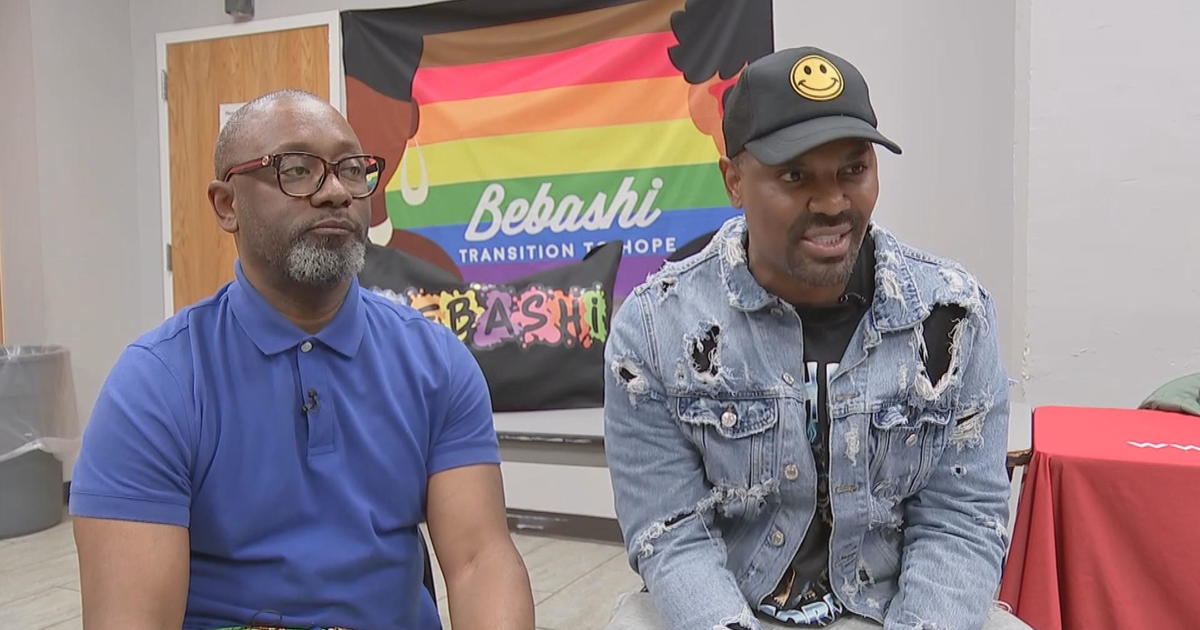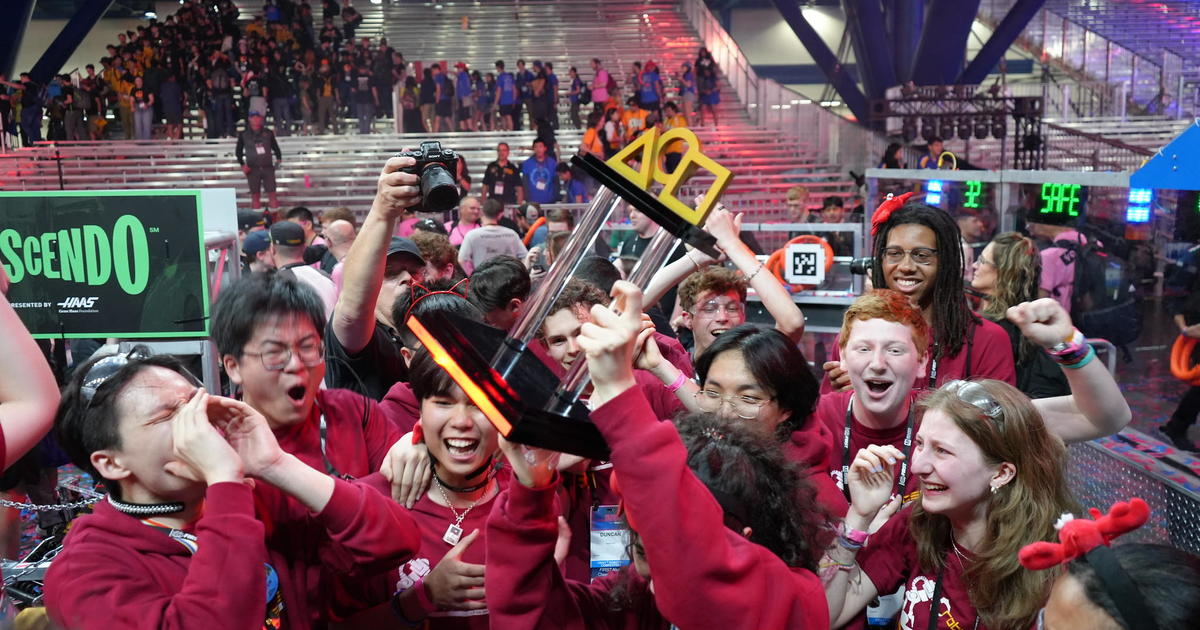Scientists Develop Innovative Food-Testing Device For People With Allergies
PHILADELPHIA (CBS) — New technology could help people with food allergies stay safer when dining out.
High school junior Clare Maloney-Kolenberg is excited about traveling to Spain with her Spanish class, but she's also a bit anxious.
"I'm allergic to tree nuts, and peanuts and sesame," she said.
American Heart Association Needs Volunteers To Make Hats For Babies
It's a list that can make dining out a bit dicey, but add unfamiliar foods and a language barrier, and that ups the odds of a reaction -- something Clare found out the hard way eating ice cream on a trip to Germany.
"I took a bite, all of a sudden, my throat started to feel tingly. There was a miscommunication, I guess," she recalled.
It's that communication breakdown that scientists are trying to avoid by giving people the power to test their own food right at the table.
Scientists at a lab at Massachusetts General Hospital think they are on their way to solving this problem.
"We believe that down the line it could really be life-changing," lab director Ralph Weissleder said.
Using technology that was originally developed to detect cancer in blood samples, these scientists have created a device that checks food.
When a bit of food is placed on a test strip, the biological information is transformed into electrical signals that are read by the device. If it detects an allergen, the device alerts the user with a symbol that indicates the food is unsafe to eat and more detailed information is sent to the users smartphone.
"We have taken it to some restaurants," Weissleder said. "We have tested gluten free foods that were actually not gluten free."
Giant Food Stores Recalling Frozen Corn Due To Listeria Concerns
Clare loves the idea of not having to blindly trust a food service worker like the one in Germany who didn't understand her allergies.
"It's pretty scary because you put your life in their hands," she said.
Scientists are still working on making a prototype that simplifies the testing process and makes the device small enough to fit on a key chain. They hope to have something on the market within the next two years.



